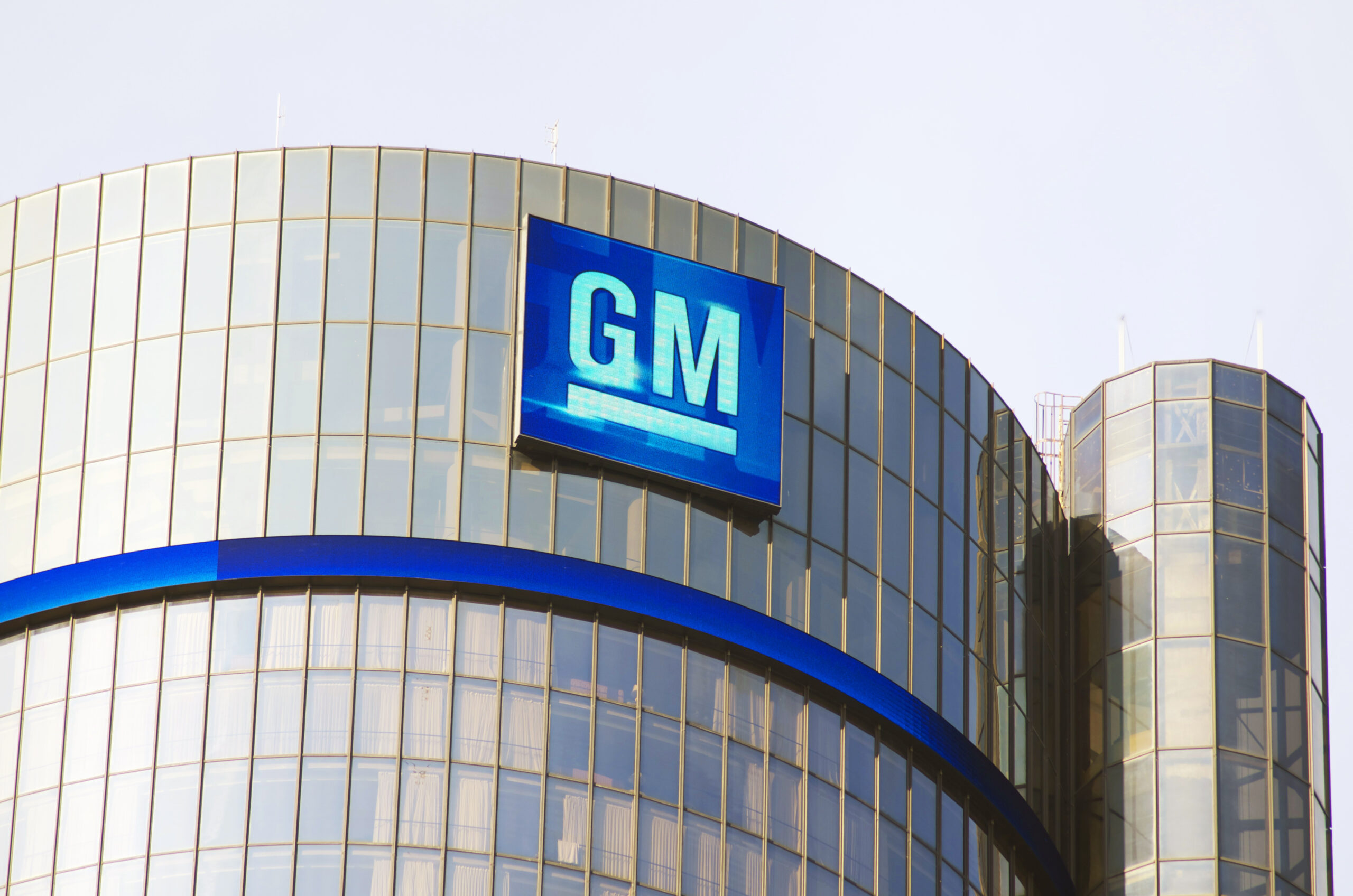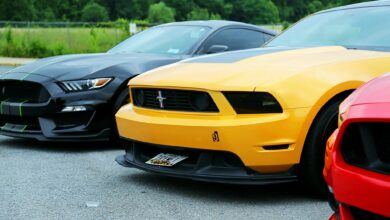A
A
A
The automaker, GM, has given way in a multi-year legal battle with NHTSA in the U.S. and issues a recall of vehicles costing an estimated $1.2 billion.
The giant U.S. automaker, General Motors, has brought to an end a four-year legal battle with the National Highways and Transport Safety Administration focusing on a dispute over airbags. The Takata manufacturer has been at the center of a massive recall including several major vehicle manufacturers that began in 2014. In 2016, General Motors was added to the manufacturers using Takata explosive canisters used to deploy airbags in case of a wreck. General Motors had argued its canisters were manufactured differently and posed no risk to the public.
Read More »
The battle over faulty airbags in vehicles manufactured and sold in the U.S. has been ongoing since 2014 when NHTSA officials recalled their first batch of vehicles. NHTSA officials decided to order a recall of a specific kind of Takata canisters used to deploy airbags when a wreck took place. Problems with the canisters were discovered following fires and small explosions in several vehicles driving in hot and humid conditions. Takata canisters containing the volatile ammonium nitrate chemical that can become volatile in extremes of heat and humidity.
The recall of Takata canisters is now regarded by NHTSA officials as the largest in the history of the U.S. and one of the largest in global history. In total, the U.S. recall totals more than 63 million canisters with more than 100 million recalled around the world. The faulty canisters have been shown to deteriorate when stored in hot and humid conditions leading to several problems, including the exploding of the canister itself. Some drivers have reported the canister exploding and filling their cockpit with metal pieces similar to shrapnel. The exploding canisters have resulted in the accidental deployment of the airbags within a vehicle leading to auto accidents.
Around the world, there have been 27 deaths directly associated with the exploding canisters, 18 of these have taken place in the U.S. The number of deaths associated with the exploding canisters made the recall a priority for NHTSA officials across the administrations of both President Trump and President Obama. The fear for NHTSA officials is the more than 11 million vehicles that have not yet been recalled and repaired.
General Motors have been fighting the recall since they were included in 2016 and claimed they had not used the faulty canisters in its models. The company had been the final holdout in the legal battle but has decided to bring its fight against the recall to an end to avoid taking on the U.S. Federal Government in a prolonged fight. GM has been vocal in their belief the inflation canisters purchased by Takata are not faulty because they were upgraded before being installed. Among the upgrades installed to make the inflators safer were larger vents and steel caps to make the canisters safer.
The legal battle between GM and NHTSA officials had become increasingly fraught, with the auto giant employing the Northrop Grumman group to test more than 4,000 inflators to prove its claims of safety. The company filed a petition stating the inflators had a 100 percent safety record under testing conditions including those replicating heat and humidity. The passing of these tests was used as a sign of the safety of the upgraded canisters from Takata ordered to replace those in later year models. GM had already recalled more than 800,000 vehicles it believes had the faulty inflators installed.
GM’s decision to recall 5.9 million vehicles fitted with the upgraded inflation canisters using an explosive charge to deploy airbags. The legal battle had been affecting the business of GM and its share price, which rose to $44.96 on Monday as news broke of the decision to recall its vehicles. This is the highest the share price of GM has been in 2020 and signaled the belief of Wall Street that the company had made the correct choice in ending its fight with NHTSA.
GM is not the only automaker to have fought its corner in regards to the problems with the Takata company. Honda decided to end its legal challenge earlier in 2020, resulting in the recall of almost 13 million vehicles equipped with canister inflators from the Takata company. Both Honda and Acura brands vehicles were included in the recall that is expected to cost the company around $90 million.
The decision from GM to end their battle against the recall has been praised by consumer groups across the U.S. who feared profits were being placed above the safety of drivers and passengers. Instead, the General Motors group is set to pay out around $1.2 billion to recall its vehicles in the coming years. The cost is around one-third of the annual revenues of the brand, and will not be aided by Takata following the bankruptcy of the manufacturer. Takata filed for bankruptcy before it was sold to a Chinese auto parts manufacturer to provide some protection from financial issues. GM has agreed a phased recall will take place to allow inflator canister manufacturers time to produce enough parts to create enough inflators to meet the demand.






